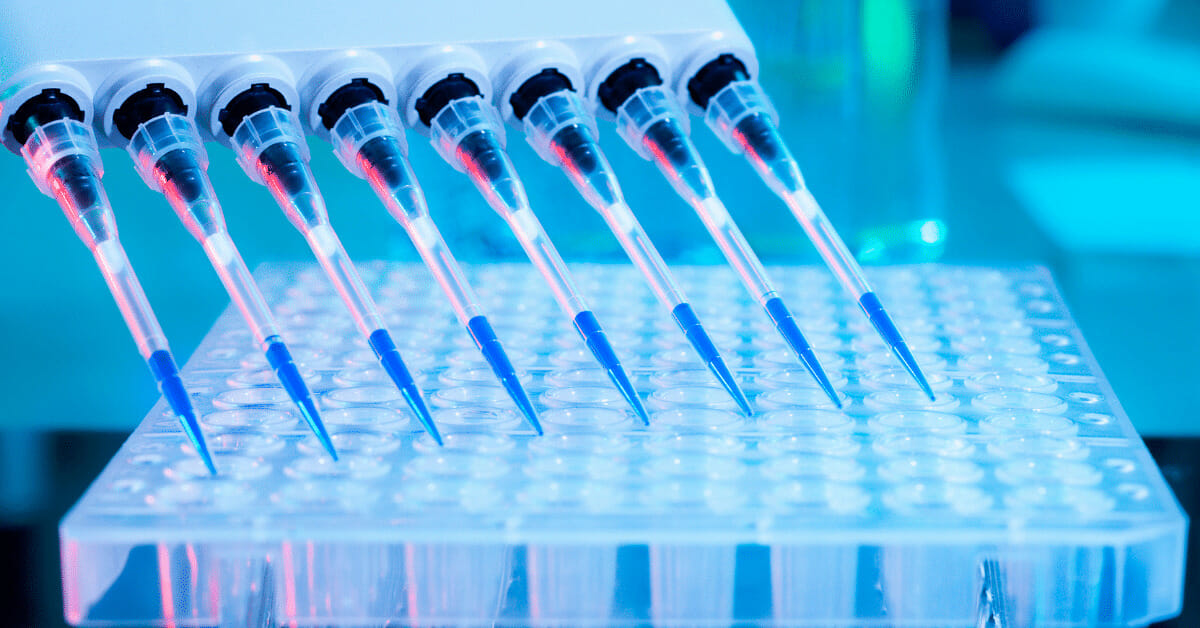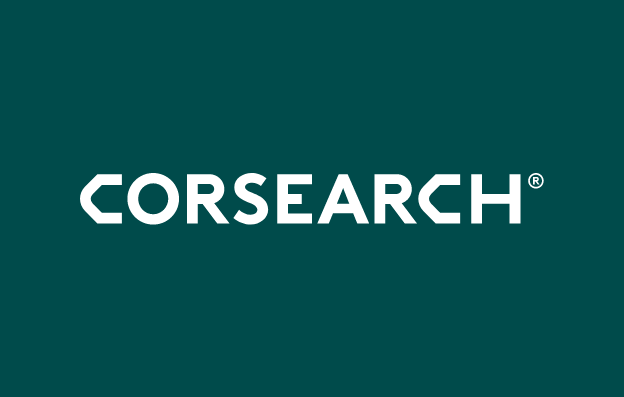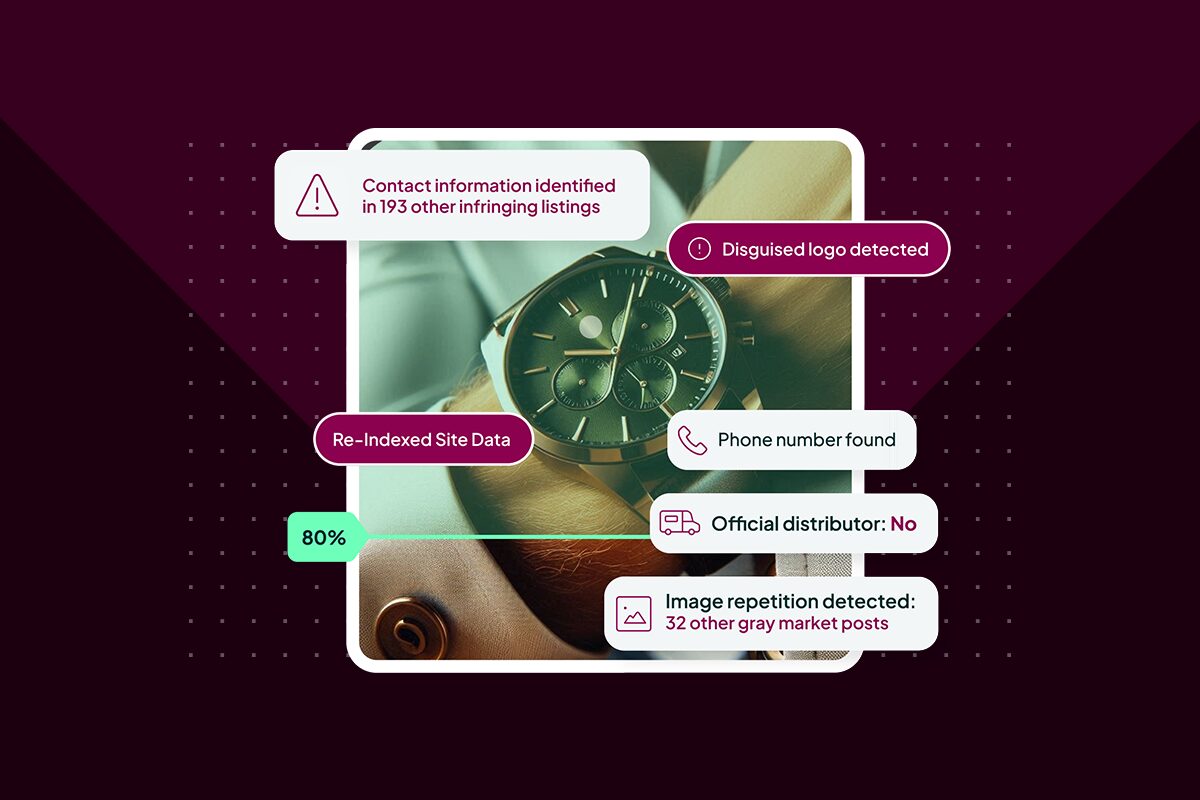Blog
Fighting Falsifieds: Protecting the Pharmaceutical Sector From Counterfeits on Websites
- Brand Protection

In the context of a global health emergency, preventing the sale of fake medications and medical supplies has a higher profile than ever. Even before the emergence of COVID-19, counterfeit (otherwise known as ‘falsified’ under the EU Falsified Medicines Directive) and substandard medical products were already a growing problem, but the pandemic has further brought treatments, items of PPE, and now vaccines into the global spotlight. This article outlines some of the recent developments with counterfeit pharmaceutical products and highlights how effective online brand protection can be conducted against one of the major threats to pharmaceutical brands — websites selling fake drugs and medical products.
How Big is the Fake Pharma Market?
Before the COVID-19 pandemic, the EUIPO reported that the total value of the global trade in counterfeit pharmaceuticals was approximately $4.4 billion. Data extracted from Customs seizures suggested that antibiotics, lifestyle drugs, and painkillers were the most commonly traded goods, but there were many examples of fake cancer medicines and other drugs being traded also.
In recent months, however, the global demand for face masks, COVID testing kits, and personal protective equipment has created an unprecedented rise in counterfeits linked directly to COVID-19. According to some reports, February 2021 alone saw U.S. authorities seize more than 11 million fake N95 masks, including more than 1 million from one New York-based warehouse.
In an online brand protection survey of just one Chinese wholesale website that we performed in 2020, we found over 700 listings featuring the name of a leading brand of antibacterial hand gel. Some of these listings may have been genuine, but there were many hundreds which illegitimately used the brand trademark in listings for generic, untested products. These dangerous, untested products give a false sense of security to consumers and represent a serious public health issue if they fail to work as advertised.

Fake COVID Vaccines — The Next Challenge in Pharma Brand Protection
The rapid development of treatments for COVID-19 has created a global demand for access to these life-saving new treatments. As with any other example of falsified and substandard medicines, however, fake covid vaccines will pose a threat to public health. Thus far, national vaccination programs have been tightly controlled by individual governments, which has meant that the opportunities for pharma criminals have been largely restricted to phishing and scamming rather than actually providing jabs in exchange for payment. Reported cases of individuals claiming to sell authentic vaccines have been largely limited to dark web traders rather than more accessible websites, yet there are also worrying signs that this is changing.
Recent reports from China suggest that around 70 individuals have already been arrested for providing fake vaccines, with the most high-profile being a man identified as “Kong”. According to Chinese authorities, Kong led a network of counterfeiters who studied and replicated official vaccine packaging, but then loaded syringes with saline solution. Through this falsification of medicines, Kong generated $2.78 million in illegal profits and made 58,000 doses. It is concerning that a batch of these vaccines were smuggled abroad and their destination remains unknown.
Although some countries such as Israel and the UK have accelerated their vaccination programs, many countries have not. If vaccine shortages and delays continue, this may put more pressure on already stretched healthcare systems and leave some consumers so worried that they make risky choices such as paying for fake covid vaccines from illicit sources.
Pharma Brand Protection Strategies
The work done by law enforcement to tackle fake vaccines and other products certainly helps to limit the trade in fake medicines, but brand protection projects are equally vital. But how should those working in pharma trademarks and brand protection prioritize their work? Numerous projects undertaken in this sector over the years have led me to see the following points as a checklist for good working practices:
- Collaboration is key — Whether it’s with enforcement, IP organizations, or commercial competitors, closing the net on criminality is most effective when it takes place with a larger number of stakeholders.
- You need brand protection software — Manual searching for infringement is too time consuming to be effective. Having a software system dedicated to amassing millions of potentially counterfeit listings on a daily basis is necessary.
- Online-to-offline — Online enforcement is an important tool, but following up these actions with real world investigations and Intelligence reports can further limit the physical supply and target the biggest offenders.
- Customs registrations — A simple but necessary step for all brand holders.
- Know that anti-counterfeiting is interdisciplinary — Having the right mix of internal and external personnel to monitor, verify, and enforce on fakes is complex and requires coordination.
- There isn’t one “right” way — Each organization will work differently and will create unique workflows according to how it manages its cases.
Alongside all these points, it is crucial to have insights into the regions and platforms that pose the greatest risks to your brand. For the pharmaceutical industry, this means websites.
Why Are There So Many Websites Selling Fake Drugs?
In comparison to marketplaces and social media platforms, domains and websites are often seen as a more significant problem for pharma companies. There are numerous reasons for this, but perhaps the most important are the legal regulations and societal norms that govern the buying and selling of medicines.
First, many eCommerce platforms such as eBay and Amazon have strict seller policies that prohibit the sale of prescription medications. This means that many of the largest marketplaces automatically self-enforce and push fake medicines out to the fringes of eCommerce transactions. Although many restricted drugs are available on Chinese and South East Asian marketplaces, buying from those platforms requires a commitment that most casual consumers are less likely to opt for.
Secondly, although social media shopping has become more common, buying medications from a pharmacy (or at least from a website that looks like a registered pharmacy) is still more socially engrained as a behavior. This means that, for the time being at least, purchasing medications through social media sellers and groups may remain limited.
This leaves online pharmacies on standalone websites as a more common place to buy medicines. Although legitimate, licensed websites have become a helpful addition for many patients and consumers, there are also many unregistered pharmacies with professional-looking websites. Legally, prescription medications should be supervised by healthcare professionals and all online pharmacies must receive valid authorization before dispensing restricted substances — this may be in the form of paper or electronic documentation. On unlicensed websites, however, these prescriptions are not checked and the drugs supplied may be falsified or substandard. Many of these illegal drug websites are also connected to clustered networks of illicit scam sites and buying from them can result in stolen payment details and personal information.
Can Websites Selling Fakes Be Removed?
One particular problem with many of the websites selling fake pharma products is that they are hosted by hosting providers notorious for their noncompliance with genuine legal complaints. From experience, our Analysts note that many other key online stakeholders such as registrars, registries, and search engines can also be passive in their approach to removing these sites. This can make website removal a frustrating process for brand holders, yet not an impossible one.
Through a combination of legal and tech industry know-how, our Analyst teams specialize in tackling the most difficult cases. Our workflows include issuing warning or cease and desist letters, checking WHOIS data and comparing this against our broad datasets, creating networks of contacts who can assist with removals, and working closely with registrars, registries, and other stakeholders. Additionally, we work through search engine delisting, reporting sites to payment service providers, and collaboration with enforcement agencies such as PIPCU and Europol. It is only with determination and expertise that we are able to tackle the most serious threats to brand and public health safety.
If you want to learn more about how Corsearch works to create online brand protection strategies for the pharmaceutical sector, get in touch.





